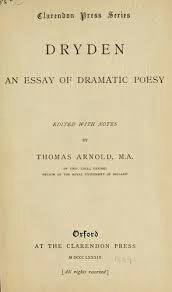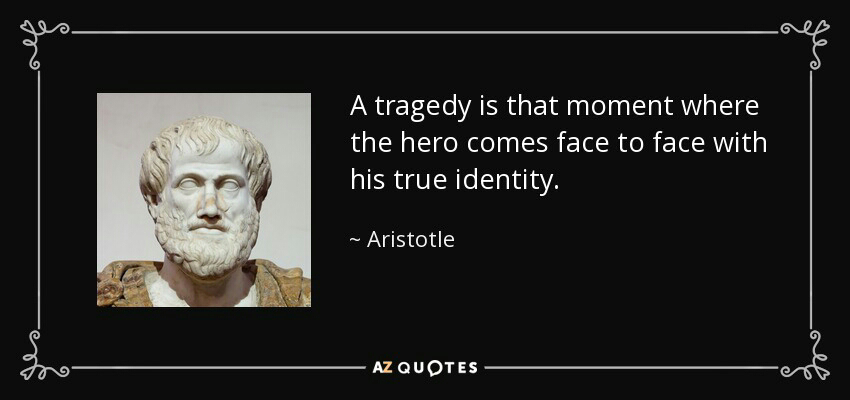Posts
Showing posts from August, 2024
Wordsworth's preface to the Lyrical Ballads
- Get link
- X
- Other Apps
History of English Literature: Chaucer to Shakespeare
- Get link
- X
- Other Apps
Aristotle poetic through Shakespeare's Hamlet
- Get link
- X
- Other Apps





